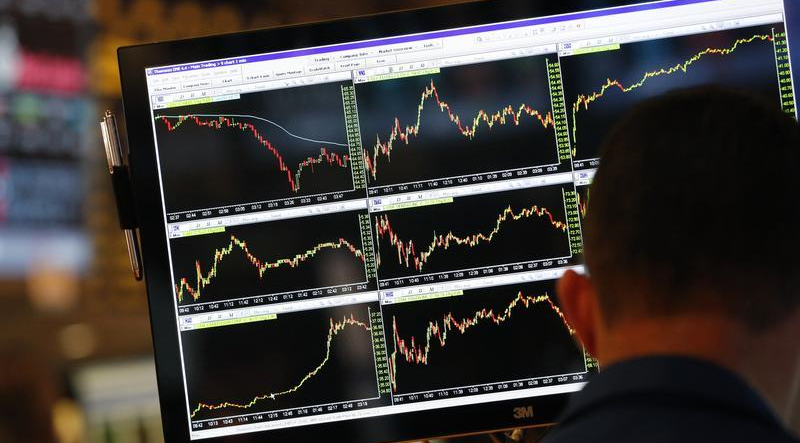Why trade futures contracts? There are a good many reasons why you might choose to use futures to act on your insights and participate in the financial markets. Futures provide an efficient and cost effective way to access global markets and structure your trades.
The Advantages of Futures
As a futures trader you’ll be able to gain simple directional exposure to a wide range of underlying markets, benefiting from built-in leverage, deep liquidity, and rigorous regulatory oversight. Often considered to be safer than over-the-counter derivatives such as CFDs, and simpler to understand than mathematically obscure instruments such as options, futures have seen an explosion in interest from all types of market participants.
Here are some of the main factors that attract everyone from independent traders to hedge fund managers to participate in the futures markets:
Standardized Contracts
The terms of a futures contract are standardized by the exchange so you know exactly what you’re buying. The fact that all contracts are standardized means that you can easily trade with any other participant in order to open or close your positions.
Highly Liquid
Futures tend to be highly liquid compared to stocks and other derivatives, making it easy to find a counter-party when you need to trade. Deep liquidity helps to ensure that you are able to trade at the prices you want, and reduces the costs associated with wide spreads and slippage.
Easy to Short
Because a futures trade is simply a contractual bet on future price direction, it is as easy to go short and bet on a market decline as it is to go long. Compared to traders of stocks who must borrow shares to short, the mechanics of shorting futures are extremely simple.
Built-in Leverage
Leverage is a built in feature of futures, and works in a simpler manner than with stocks or options. The leverage available is very high, with initial margin requirements of 5 to 10 percent of the contract value set by the exchange for traders holding positions overnight. Margin is simply a good faith deposit held in your brokerage account, rather than a partial payment that is transferred to a seller of stock.

Low Margins for Daytraders
Unlike with stocks, where the account margin is higher for those wishing to enter and exit a market on the same trading day, the day-trading margin for futures is much lower. This is because the exchange’s margin requirements only apply when your position is marked to market at the close of day; intraday, the margins are set by your futures broker who will typically allow you to day-trade with as little as $500 per contract.
Low Commissions and Costs
Spreads in futures markets are normally just a single tick due to high liquidity, With the right choice of futures broker, commissions for futures trades are small when compared to other instruments, and are payable when a position is liquidated (after which a “round-trip” is said to have been completed). Exchange fees are minimal.
Security of Funds
The exchange’s clearing house acts as a guarantor for both parties in a futures exchange, meaning that you do not need to be concerned about the person on the other side of your trade defaulting. This means that counter party risk is minimal. The exchange acts as a mediator to resolve disputes, and brokers and exchanges are all heavily regulated by the Futures Exchange Commission.
In addition to this, everyone operating in the futures markets in the US us subject to keen regulatory oversight from the National Futures Association (NFA), a body appointed by the Securities and Exchange Commission.
Why Trade Futures Contracts?
Futures are a product with many distinctive characteristics that make them attractive to certain types of market participant, especially those who open and close positions within a short space of time and value liquidity, leverage, and low execution costs.
| View the next futures article: Using Leverage for Futures Trading |
